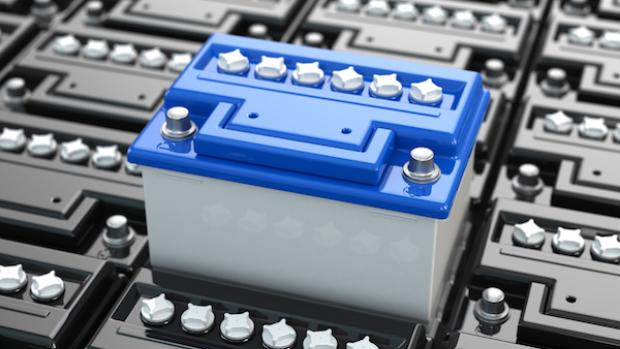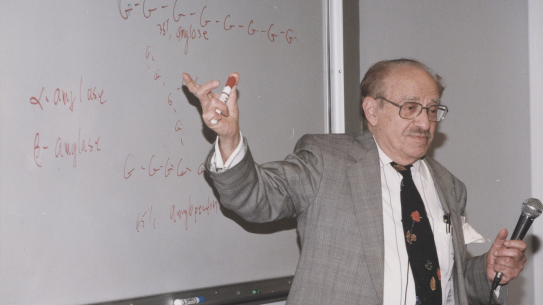Researchers to lighten lead batteries with composite materials

Despite stunning advances in automotive technology in recent years, including increasing fuel economy from traditional internal combustion engine vehicles to hybrid and fully electric drivetrains, bulky and heavy lead-acid batteries are still the norm in most cars and trucks. These hefty batteries, which consume over 80% of global lead production, take up space in vehicles and — because of their weight — have a deleterious effect on fuel efficiency. They are also environmentally unfriendly, particularly in low-income countries.
Researchers, supported by a grant from the National Academies program of U.S.-Egypt Joint Research Fund are looking at alternatives. Nikhil Gupta, Associate Professor in the Department of Mechanical and Aeronautic Engineering at NYU Tandon aims to — if not “get the lead out” — at least to lighten the load.
With collaborators from the Central Metallurgical Research and Development Institute (CMRDI) in Cairo, Egypt, Gupta is seeking to develop lightweight composites of lead by incorporating hollow ceramic particles. His group will conduct modeling studies to determine promising composites, which the Egyptian team will manufacture and send back to NYU Tandon for testing by Gupta. If the composite passes muster the Egyptian team will work with industry partners for scale up of manufacturing process for composites that are found to work efficiently.
Gupta said the lightweight composites will be environmental friendly because they will reduce the usage of lead and also reduce emissions from vehicles.
“The key challenge is to ensure that the lightweight composite retains its strength and electrochemical properties in order for it to work efficiently in the battery,” he said.
He pointed out that since nearly 80% of lead-acid batteries are recycled, the composite must also recyclable.
“Based on their studies on other types of hollow particle filled composites, the team is confident that the recycling potential of the material will not be affected,” he added.





